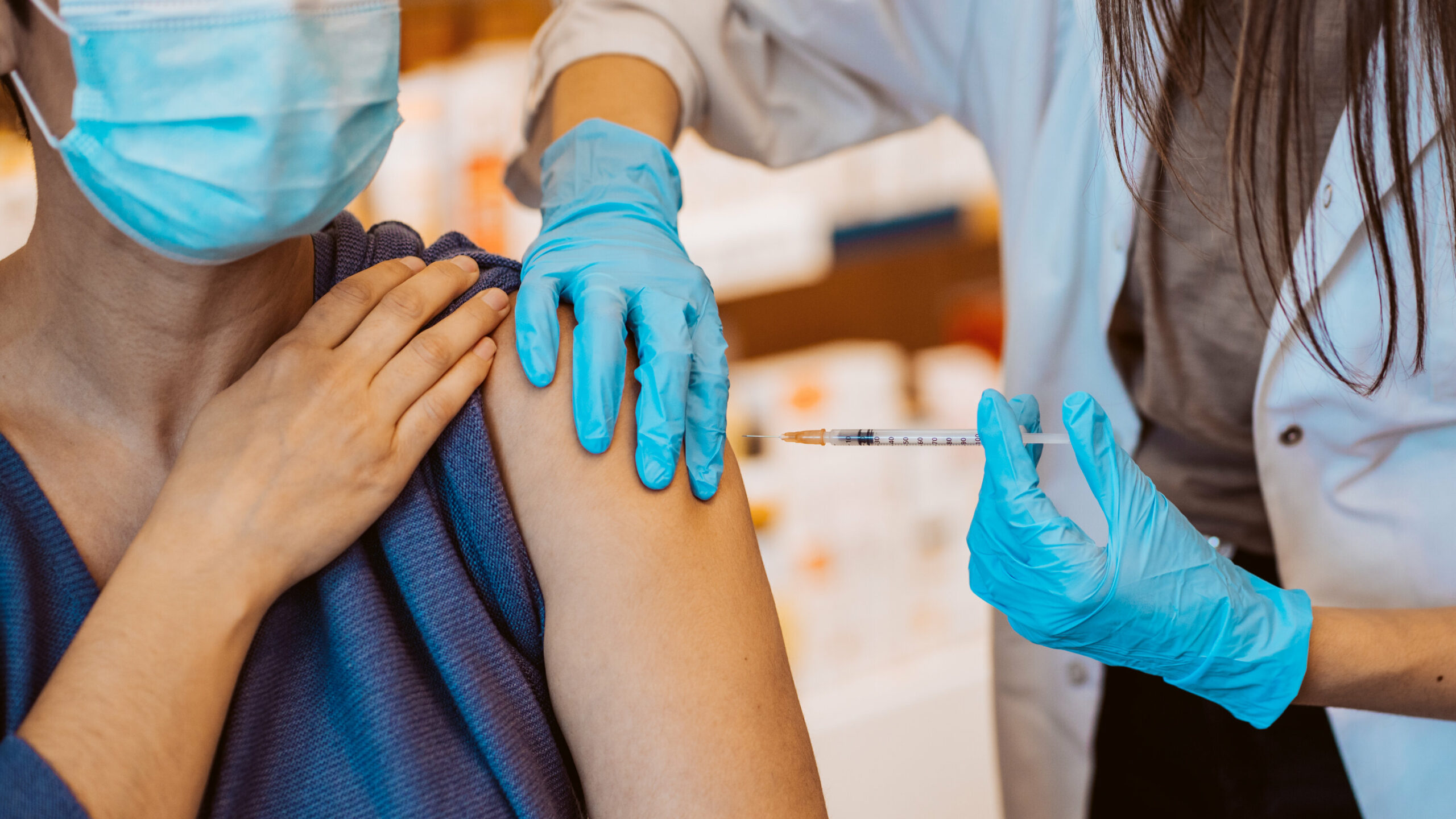In the realm of public health, few decisions ignite as much fervor and scrutiny as the prioritization of professional athletes for the H1N1 flu vaccine. This is not merely an issue of logistics; it reverberates through societal values, perceptions of entitlement, and the fundamental tenets of fairness in healthcare. The dichotomy of elite athletes receiving vaccinations ahead of vulnerable populations decidedly calls for an examination of our collective priorities. Why do we allow a select few—often cocooned in privilege and prosperity—to leapfrog over those who are most at risk?
At first glance, it may seem innocuous, or even logical, to vaccinate athletes early. After all, they are seen as integral to the fabric of our entertainment culture. Their health can influence the financial bottom lines of entire leagues, arenas, and businesses tied to sports. However, the ethos of equality in healthcare suggests that no group should be privileged over another, especially when considering the disparate access to medical services faced by many. Are sports organizations making a utilitarian argument—that vaccinating athletes protects community health because of their public role? And if so, does this not perpetuate inequity by positioning entertainment over essential human need?
Delving into the ethical ramifications, one must consider the role of athletes as public figures. They are not simply entertainers; they also wield significant influence over public health behaviors. Their early vaccination could be construed as a tacit endorsement of the vaccine, potentially encouraging fans to follow suit. Yet, this strategy ignites a critical inquiry into whether their status should have any bearing on vaccine distribution. Is a fit athlete’s health genuinely more valuable than that of an elderly grandmother battling chronic illness? Ponder this: when begins the slippery slope of privilege over priority?
Moreover, the optics of such a decision are detrimental to the public’s trust in health systems. Particularly in historically marginalized communities that have long been wary of medical institutions, prioritizing athletes may reinforce narratives of exclusivity. The outcry from public health advocates is palpable; a staunch defense of equal access resonates with the foundation of modern medicine. When advocates shout for equity, they question the very fabric of who gets to be deemed worthy of protection based on fame or wealth.
However, the conversation must go beyond merely examining the athletes themselves. Let’s dissect the machinery behind this decision-making. How much pressure do athletic organizations face to ensure that their star players remain healthy? The stakes are astronomical; losing a key player to illness can shift fortunes for entire franchises. Economically, it makes a case for early vaccination. Yet, behind the spreadsheets and profit-loss analyses lies a more insidious factor: a systemic prioritization of expendable human capital. One that elevates winning above well-being.
A visceral response leads many to call for change: advocate for transparency in who receives vaccines and under what criteria. Fairness in a pandemic is paramount, as it shapes individual and collective resilience. But does fair access reconcile with a celebrity-driven society that idolizes athletes? The modern zeitgeist often equates celebrity status with societal value, and therein lies the crux of the conundrum. We must deconstruct this notion and confront the discomforting reality that our value systems are askew.
While one could argue that athletes are, in many ways, an extension of us—their triumphs and failures encapsulating wider cultural narratives—the reality is they are ultimately individuals benefiting from societal privileges. Their visibility amplifies disparities. To prioritize them over marginalized communities ushers in a perilous precedence in policy-making, one that seeks to uphold popular culture at the detriment of vulnerable lives.
The push for a paradigm shift is urgent. Engaging the public in discourse surrounding vaccine distribution reflects a need for participatory healthcare. Citizens must challenge the status quo that permits celebrities to emerge unscathed while the elderly, the sick, and the frontline workers wait anxiously. This push for equity must refashion our understanding of value amid a crisis. To engage in this discourse is to harness the collective will of a populace that believes in justice over privilege.
The narrative must evolve—sports must serve the community, not just reside as an escapist realm. As spectators, we have the power to hold organizations accountable. Our support shouldn’t be hinged on their immunity but rather their alignment with collective health interests. When athletes leverage their position for health advocacy and systemic change, they can emerge as allies in the pursuit of equity rather than its antagonists.
To conclude, the question remains: will we seize this moment to reevaluate our shared values and fight for irreproachable healthcare access for all? History shows us that when communities unite under a banner of equality, they emerge stronger and more resilient. The arena for healthcare equity lies before us, albeit fraught with challenges. As the chorus of voices advocating for fair access rises, it begs the question of what kind of legacy we wish to forge in our healthcare systems. Only time will tell, but change beckons—will we choose to answer?
